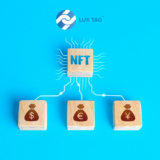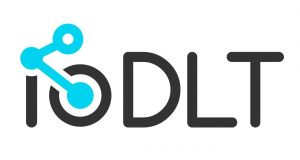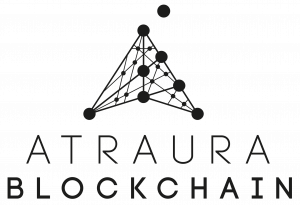Coincheck Starts Crypto Hack Refunds, Allows Limited Trading
Japanese exchange Coincheck is today starting to reimburse victims who lost funds in a hack that saw around $530 million stolen from the platform in January.
First appeared on Coindesk, by Wolfie Zhao
In a blog post dated Mar. 12, Coincheck said it will refund users at the rate of 88.549 Japanese yen (or $0.83) per NEM token stolen – the same amount as stated in its initial compensation plan – to the accounts of customers who held the token at the close of Jan. 26, Japan time.
As reported before, Coincheck first confirmed the hack on Jan. 26, confessing that around 523 million tokens had been stolen. Based on the compensation plan, users will see a combined payout of $420 million.
Today’s update follows the company’s press conference last Thursday at which its CEO and COO announced compensation will start this week, in response to several class action lawsuits and a months-long probe by Japan’s financial regulator, the Financial Services Agency (FSA), over the firm’s financial capacity to issue the refunds.
In addition, Coincheck also announced today that it is restarting withdrawals, as well as trading of several cryptocurrencies, including ETH, ETC, XRP, LTC, BCH and BTC. The exchange further stated that it will take more time to resume services for other assets.
While the company tries to get its business functioning back to normal, another report today indicates that Coincheck may have been compromised weeks before the heist happened.
According to Nikkei Asia Review, the cause of the breach, as identified by Coincheck previously, was a form of malware that had infected the company’s internal computer systems.
The new report, citing anonymous sources close to the police’s investigation, said hackers had first sent phishing emails to Coincheck employees in early January, which then injected the virus after links had been clicked by staff.
Subsequently, the report said, the hackers were able to gather private keys to large amounts of NEM weeks before the actual heist, during which time Coincheck had no proper tools to detect such communication between itself and external servers.
The perceived lack of security measures also sparked the FSA’s probe into the company’s system. With a second administrative penalty having been issued by the agency, Coincheck is also required to submit a written plan by Mar. 22 for its plans for system improvements.









